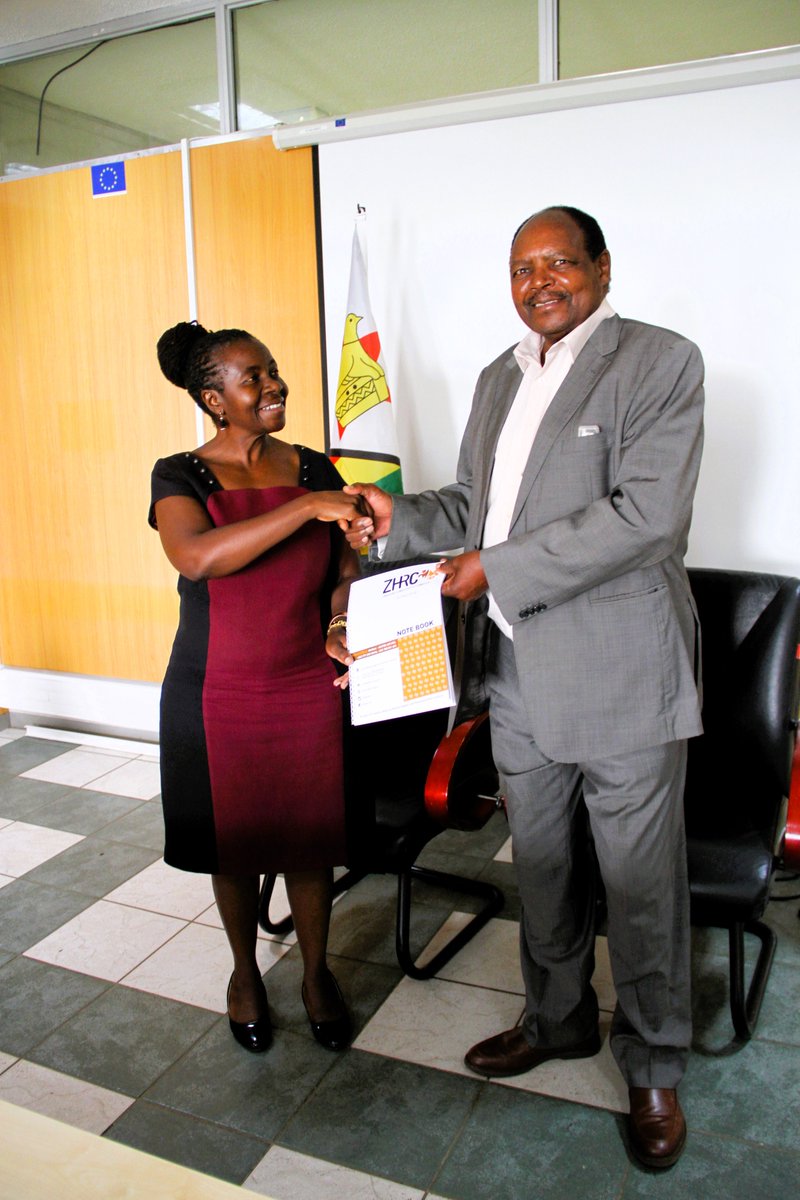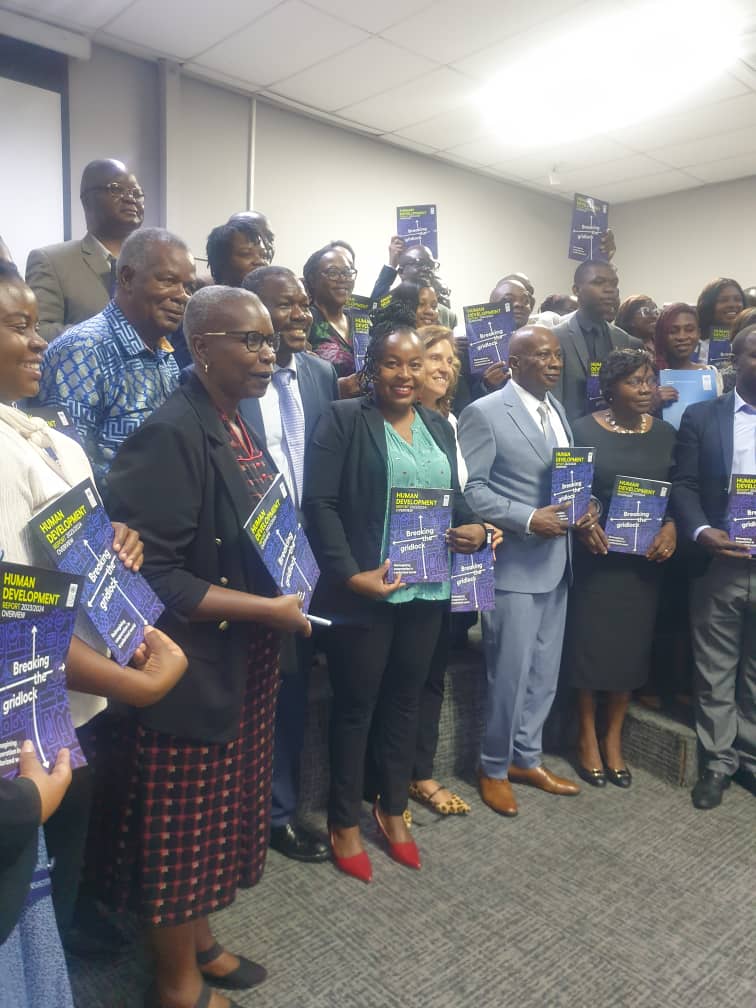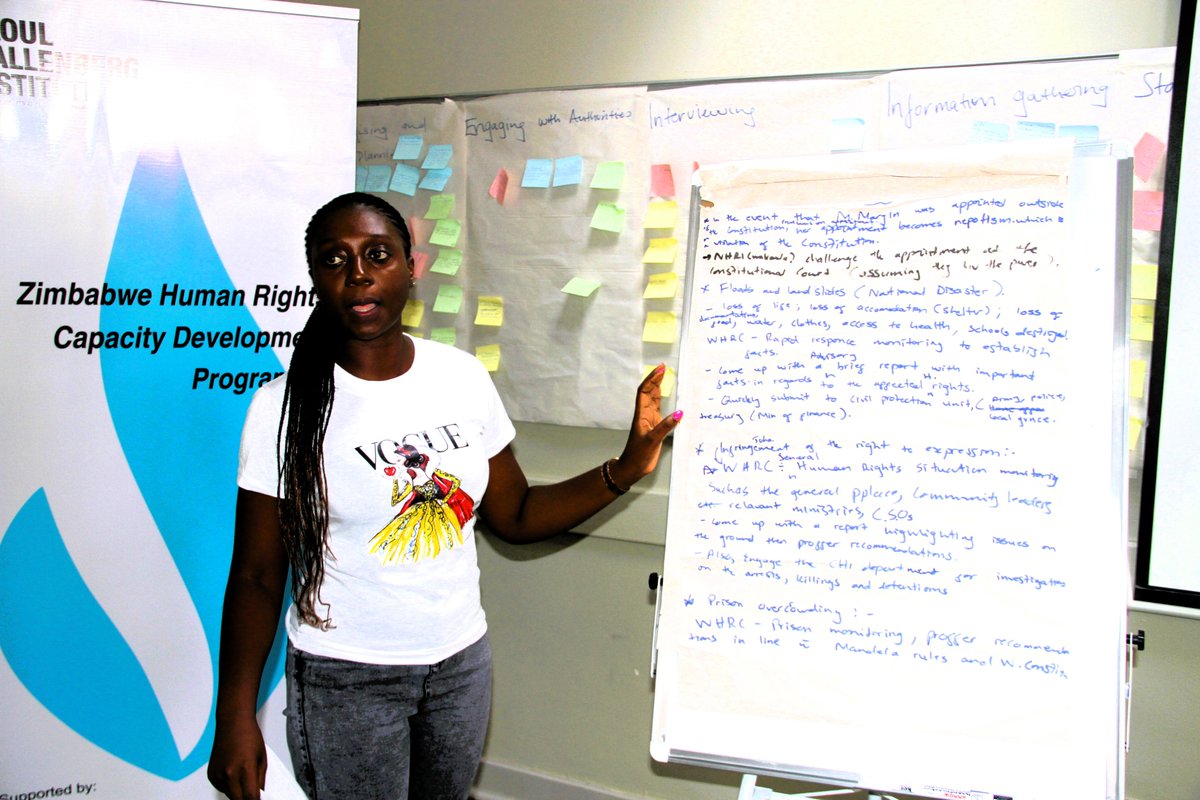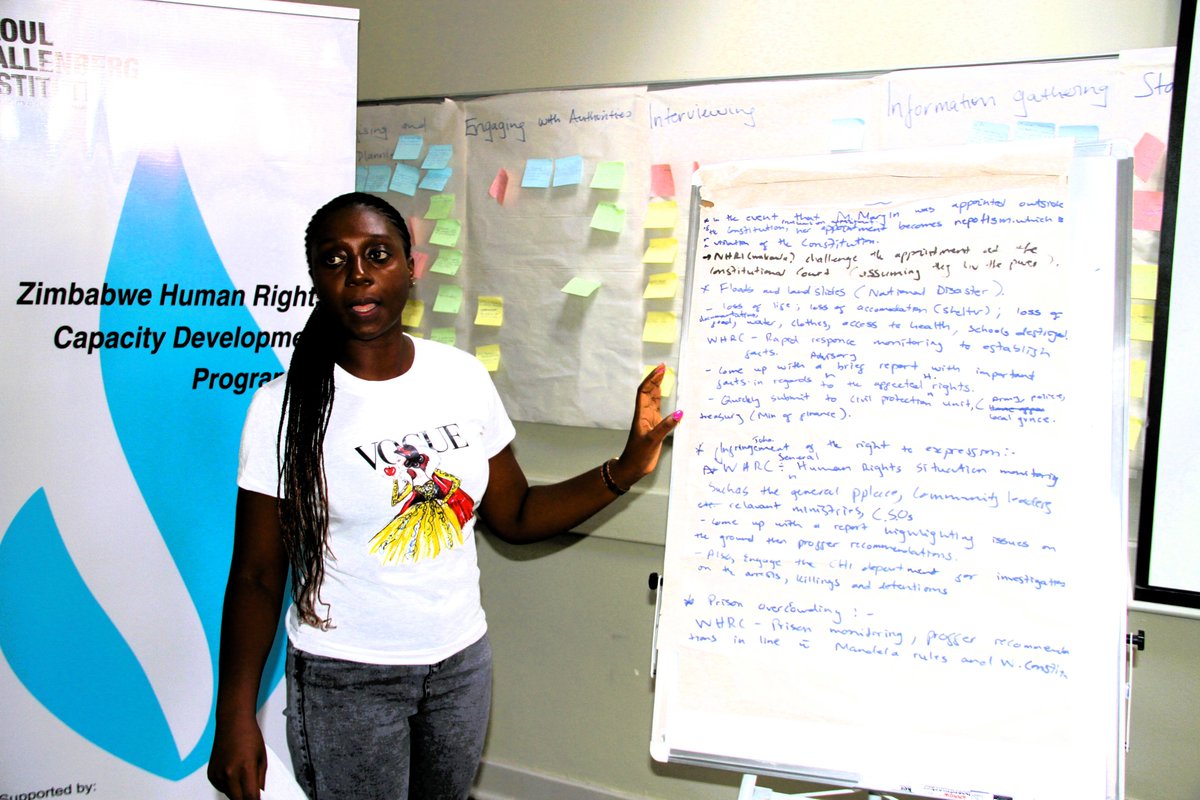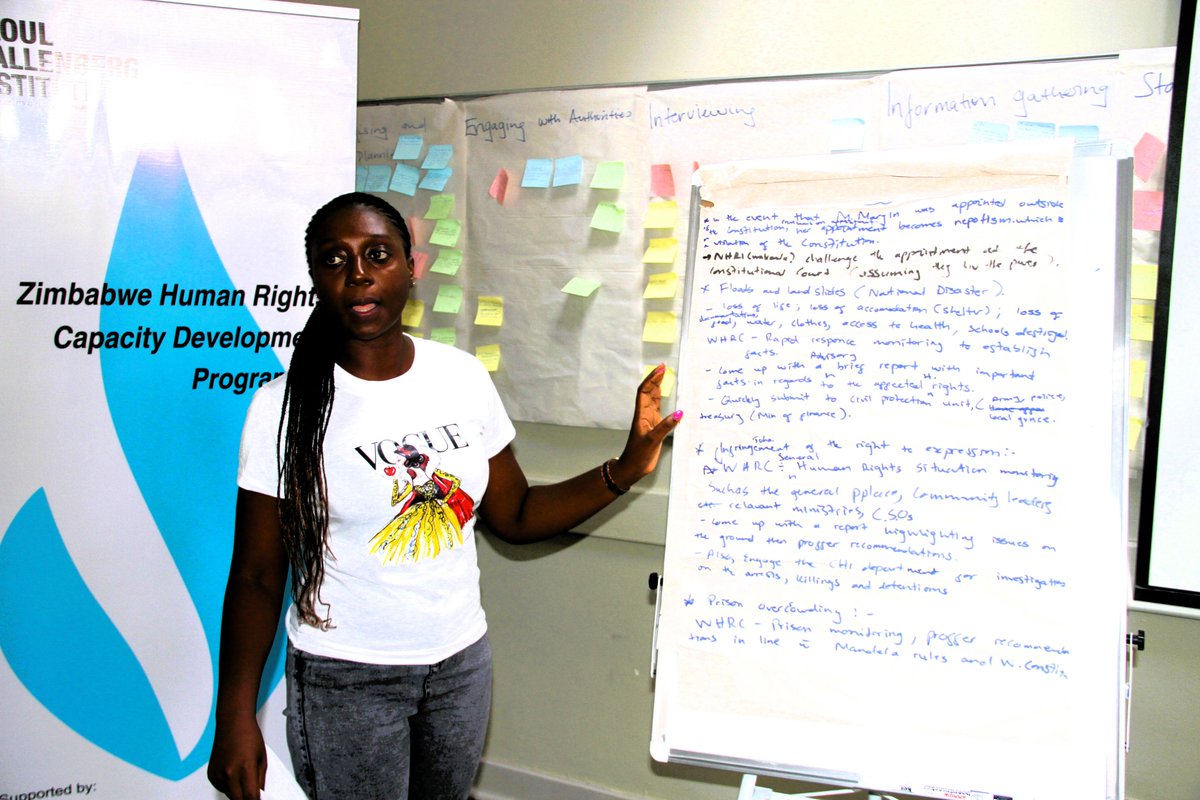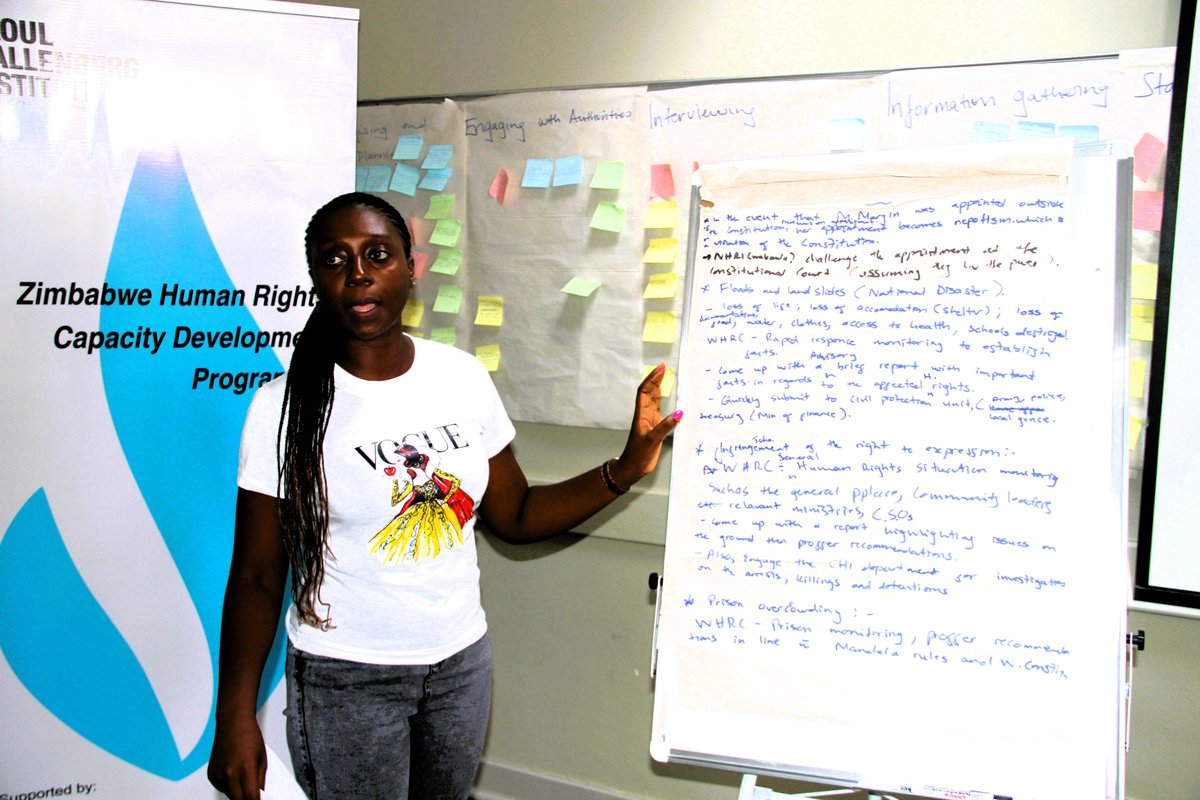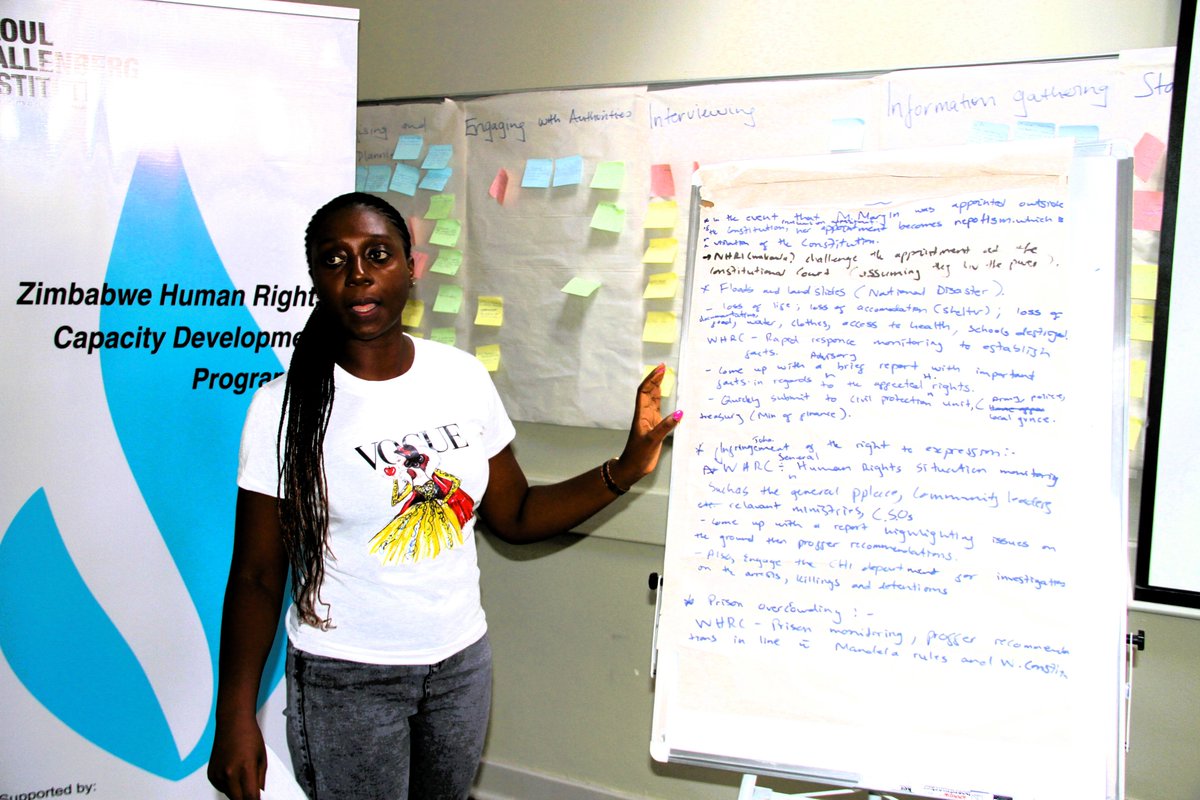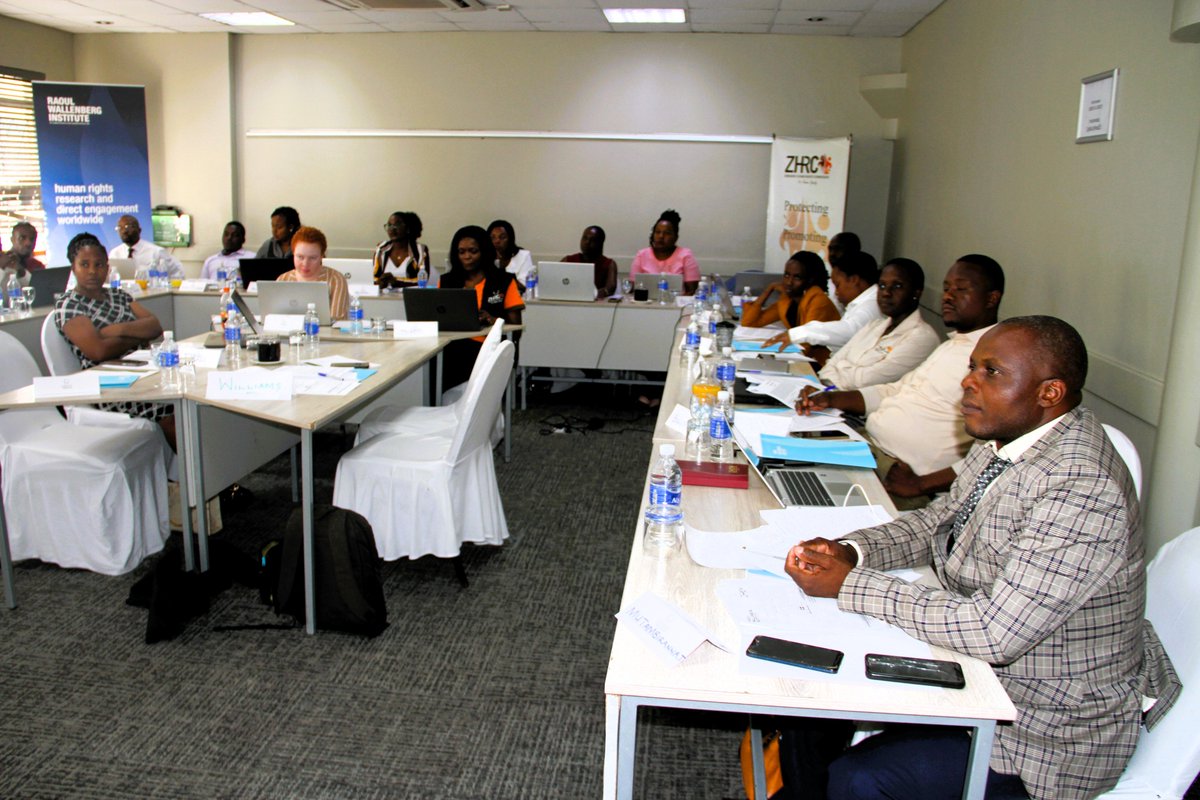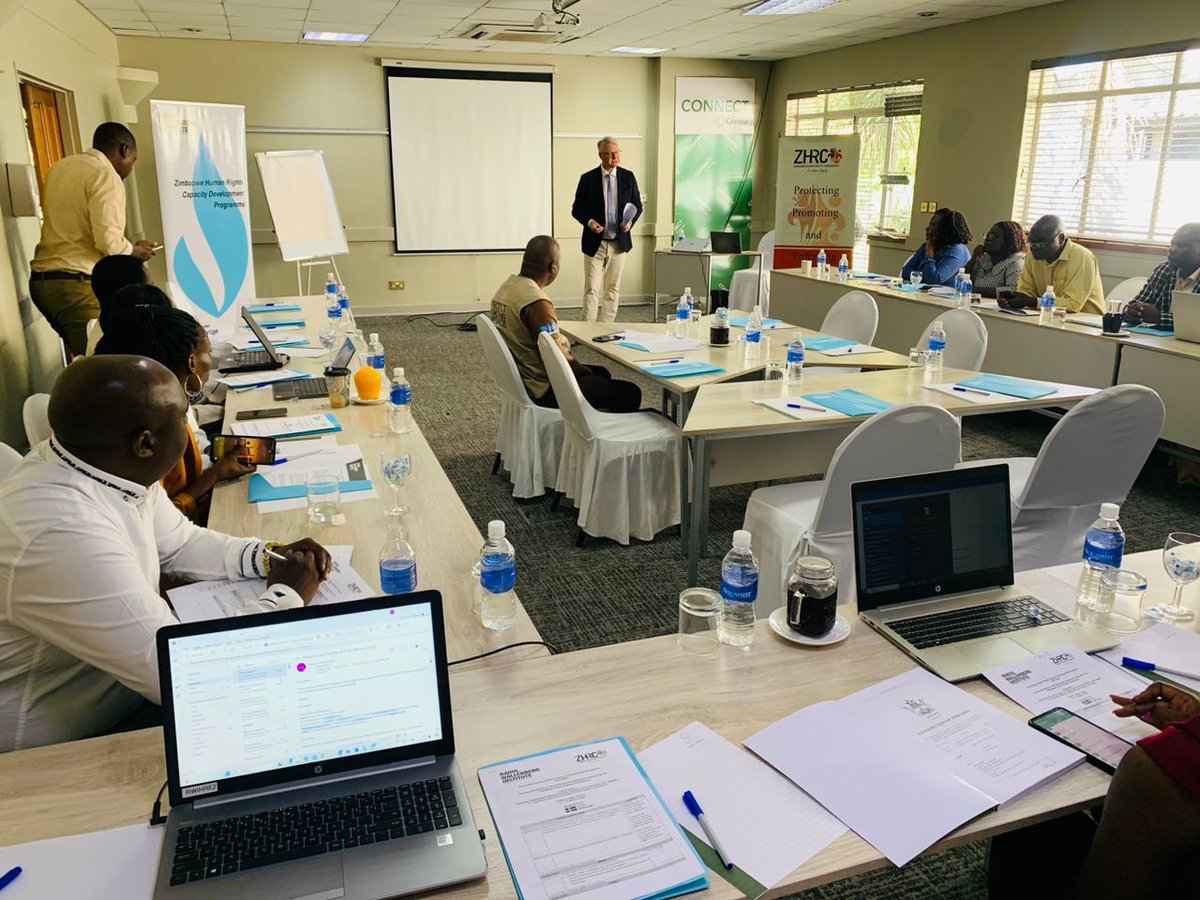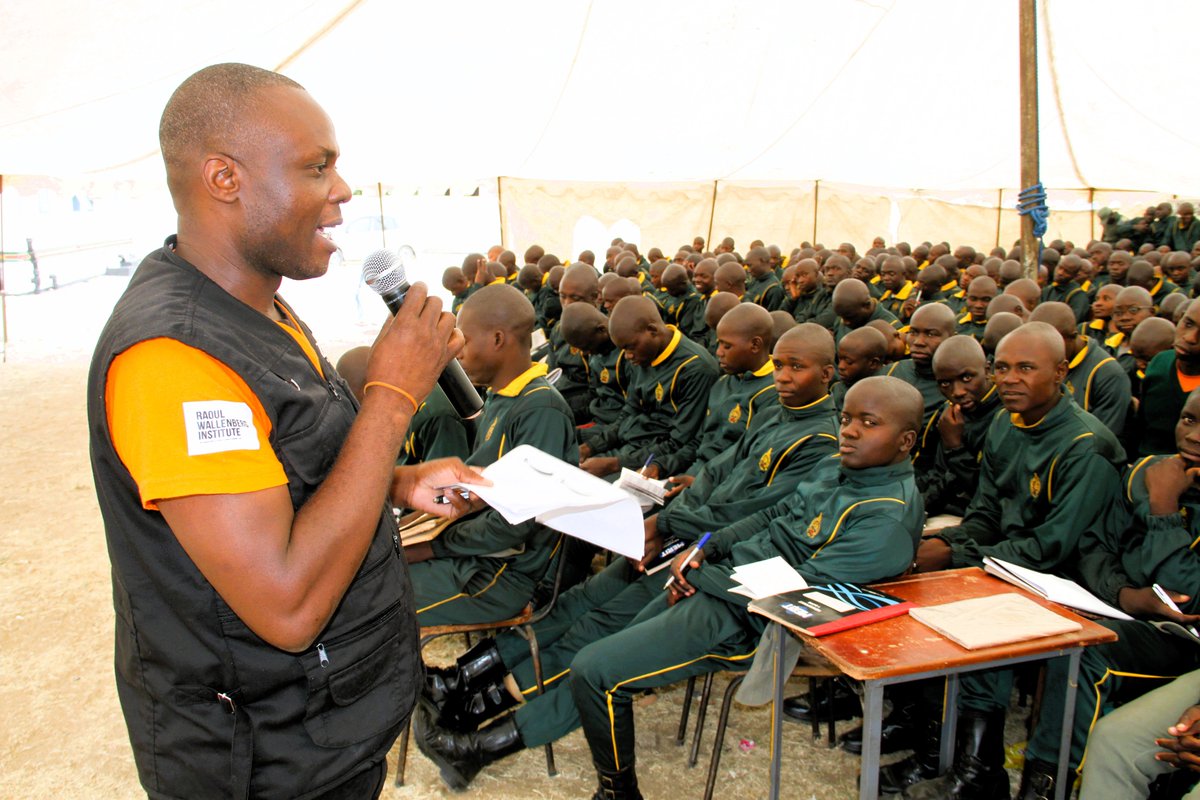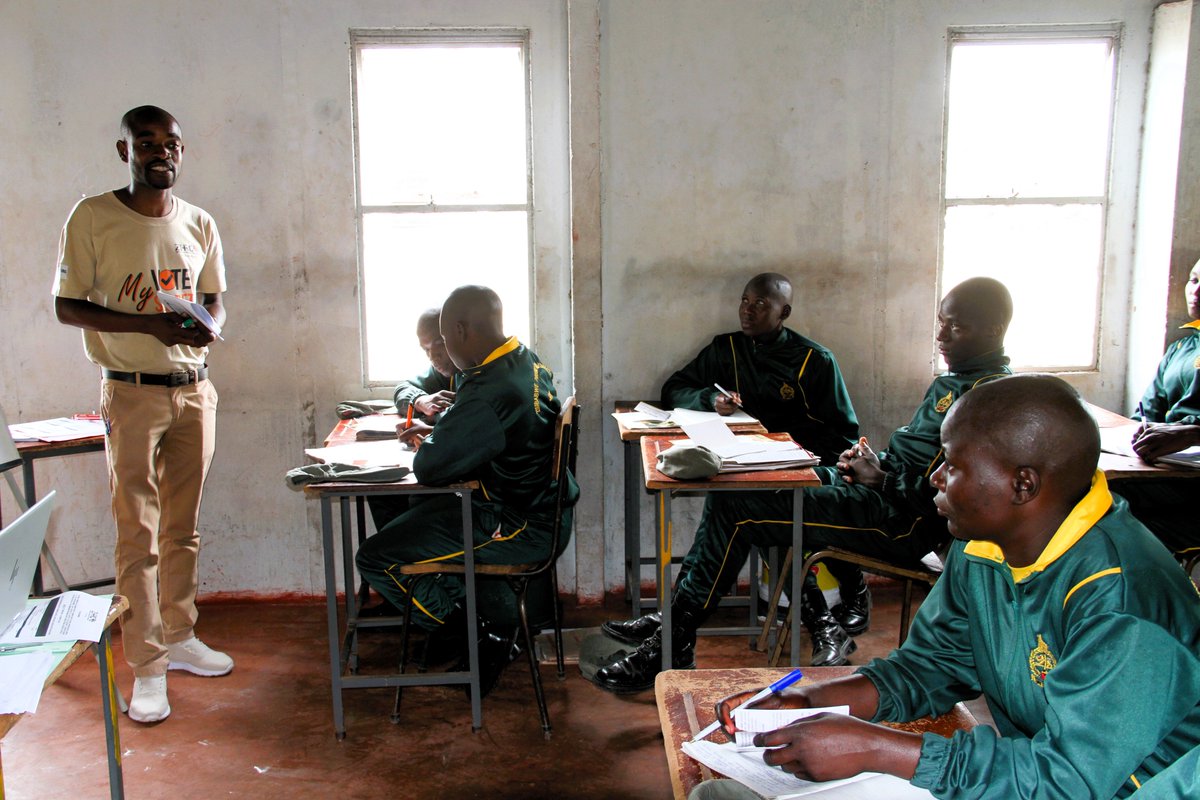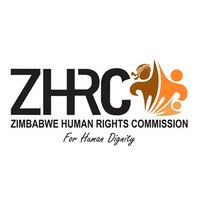
Zimbabwe Human Rights Commission
@zhrc365
Zimbabwe Human Rights Commission (ZHRC) was created by section 242 of the Constitution of Zimbabwe to protect, promote and enforce human rights and freedoms.
ID:959317044507295745
http://www.zhrc.org.zw 02-02-2018 06:46:21
673 Tweets
17,3K Followers
402 Following
















Press Statement International Women's Day Ministry of Women Affairs Zimbabwe Zimbabwe Gender Commission Ministry of Information, Publicity & Broadcasting Parliament of Zimbabwe Zimbabwe Human Rights NGO Forum NANGO Zimbabwe EU Delegation to Zimbabwe 🇪🇺 UNDP Zimbabwe UN Women Zimbabwe ZLHR Legal Resources Foundation NewsDay Zimbabwe DailyNewsZim The Herald Zimbabwe ZBC News Online The Mirror Masvingo Women's Coalition of Zimbabwe






